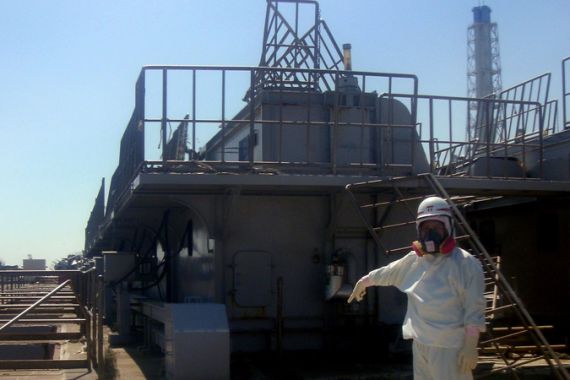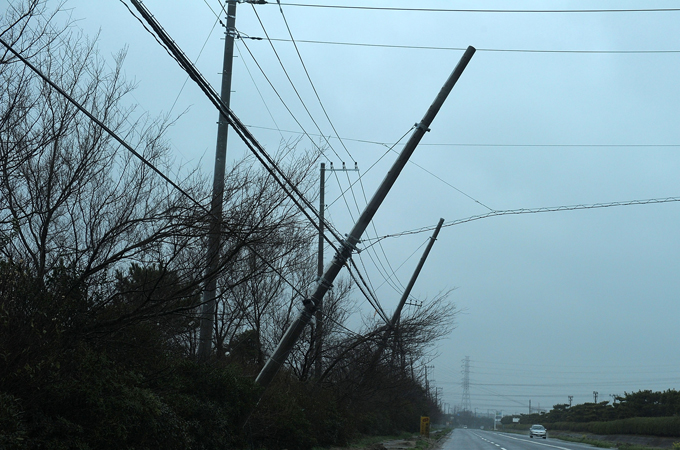Warmer spring forecast for Japan
Power shortages expected as temperatures rise in country reeling from tsunami damage to nuclear-power station.

 |
| The tsunami havoc is likely to be felt well into the summer once demand for energy surges across Japan [GETTY] |
The Japanese Meteorological Agency has just released its seasonal forecast for the country. For the months of May to July, Japan is expecting to see hotter-than-average weather.
This includes the eastern region, with is partly served by the Tokyo Electric Power Co (TEPCO), whose Fukushima nuclear-power station was crippled by the earthquake-and-tsunami havoc of March 11.
Keep reading
list of 4 itemsWorld’s coral reefs face global bleaching crisis
Why is Germany maintaining economic ties with China?
Australia’s Great Barrier Reef suffers worst bleaching on record
And, of course, with hotter weather comes the increased demand for airconditioning usage and electricity.
First of all, let us break down what the average high temperatures would be for that region from May-July. With that, let us add in the normal humidity percentage to get a heat index temperature.
That is the apparent feel of the air to your skin. The higher the heat index temperature, the harder it is to cool your body.
For May the average high for the region is 23C and the average humidity is 63%, giving us an expected heat index of 25C.
By the time we get to July, these numbers climb to a July average high of 29C, an average humidity of 76%, calculating to an expected heat index of around 34C.
If you raise these seasonal averages based on the long-term forecast, we are then talking about temperatures starting in the high 20sC reaching into the mid to high 30sC by the end of July.
These are temperatures with humidity levels that will be especially hard on the sick and the elderly.
The damaged plants of TEPCO, Asia’s largest utility, expect to be able to supply 52,000 megawatts (MW) of power by the end of July.
This will be slightly less than its projected demand of 55,000MW. But last summer when Japan recorded its hottest summer on record, power usage peaked at 60,000MW.
In order to fulfil the need of electric consumption with expected above average temperatures, the government is looking to curb the usage this summer of big manufacturers.